The Best Protection We Can Give People is Respect
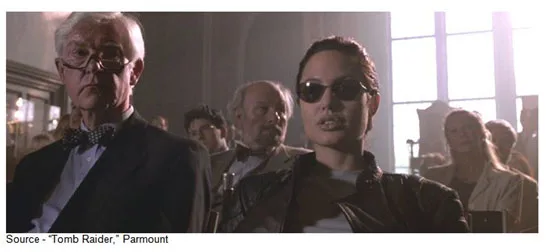
There are 7.6B (oops 7.6 + 2) people on the planet and 3.5B, 2001-plus are on the internet.
In this online mass of humanity there’s a good chance that someone doesn’t like you much, is jealous of you, finds something about you ticks ‘em off and some have a freakin’ fixation about you.
Not sure about their education, but my daddy taught me, “If you can’t say something nice about a person, don’t say anything at all.”
And when he was senior executive at CERFnet (during the early days of the Internet), Push Mohta told me you never send anything over the Net you wouldn’t want to see in the New York Times tomorrow. (The Internet wasn’t secure from day one!)
That’s why I couldn’t quite understand why people screamed bloody murder when Facebook said folks had to use their real names on the site.
Then I read Pew Researach’s reports on cyberbullying and online harassment and wondered if all those folks who complained really had something to hide.
It used to be okay … ignore the cyberbullies/harassers, avoid them and they would crawl back into their holes. That doesn’t seem to be the case today because pre-teens, teens and millennials literally live online.
I understand that the attacks affect both males and females of every race, religion and sexual orientation; but because I have a daughter, I’m a little more sensitive to the female’s challenges.
That may be why I enjoyed meeting Leslie Chilcott, producer of the feature film CodeGirl at Tom Coughlin’s Storage Visions event in January, just before CES (Consumer Electronics Show).
Intel sponsored her at event which was important because the industry needs more women at every level, especially senior management. They’re one of a growing number of firms that are helping girls get involved in technology at an early age.
Leslie’s film follows young female teams from rural Moldova to urban Brazil to suburban Massachusetts as they compete for the top prize of $10,000 and the release of their app in a market that’s supposed to be valued at $77B in 2017.
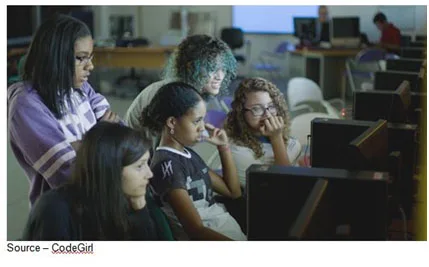
Coughlin arranged a private screening of the movie during the 2-day show. It’s something like Will Smith’s movie Concussion that shows the issues of kids playing football, only these are young ladies butting their heads against technology stereotypes.
In other words, … see it!
The storyline is cool but you also have to think about what some of these young ladies had to put up with before – and probably after – the film because of prejudice and verbal/online abuse.
Females have long faced online abuse in the video game industry from low-testosterone guys.
Women have always been involved in video gaming – development and play – even though Pew reports that most of them don’t call themselves “gamers.” In fact, game play is about 50/50 female, at all age levels, even though the most popular games are pretty damn violent – IMO.
Even though I worked with Atari during the Tramiel era, I wasn’t much into game play because my attention span for game play wasn’t very good … oh, look at the pretty bird.
That’s why I could never figure out why a few guys got so verbally (and in writing) abusive to females a few years ago at GDC (Game Developers Conference).
It was so bad it became known as “gamergate” … a really nasty, vicious harassment campaign against women in the gaming industry.
Mark Poppin, who runs the gamer site BabelTechReview and forum, said there are still embers of that firestorm; but emphasized that BTR is home to a more polite class of gamers – male and female.
“Some may participate in those firestorms elsewhere,” he noted, “but they leave that stuff at the door and focus on the pros/cons, strengths/weaknesses of the games and hardware they use.”
Actually, gamegate – regardless of the side you take – is indicative of the mob justice we see all too often on the internet.
And because games are so universally played, it may be why folks on both sides got so up in arms; but cyberbullying, harassment and threats hurt males and females, both mentally and physically.
That hurts all of us.
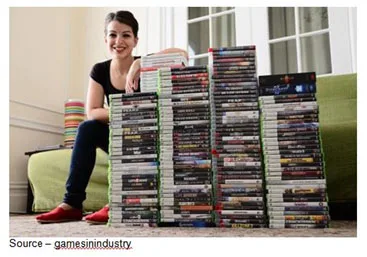
Watching the whole thing play out from the sideline, I did learn that gamers are serious–not just about games, but their specific games.
There are people on both sides of the line in the sand when it comes to discussing the merits of Call of Duty: Black Ops III, Fallout 4, Star Wars: Battlefront and Batman: Arkham Knight, Bloodborne, Mario Party 10 and Halo 5.
Also found out that the really good game players can make a pretty good living as long as their hand/eye coordination holds up and they stay interested in the game.
The big difference with both pros and casual game players is that they see some real benefits in playing the games.
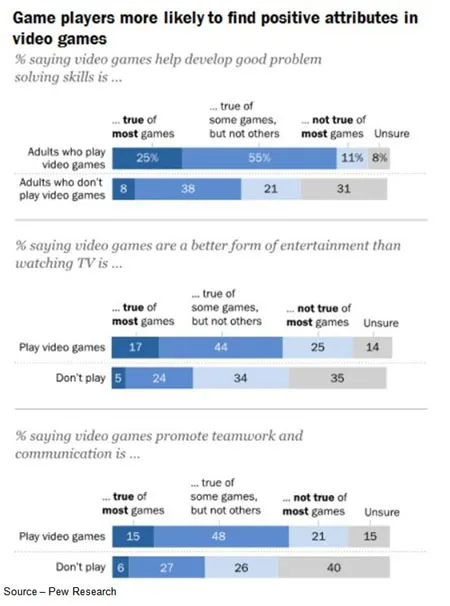
.
Still, female gamers who have taken a stand in public are hardly the only ones who deal with online abuse.
In fact, to the gaming community’s credit, males and females encounter fewer problems than elsewhere on the Internet.
According to a Pew report, across the web, about a quarter of women between 18 to 24 have been the victims of either sexual harassment or stalking online, while 65 percent of Internet users under 30 have faced online harassment of some sort.
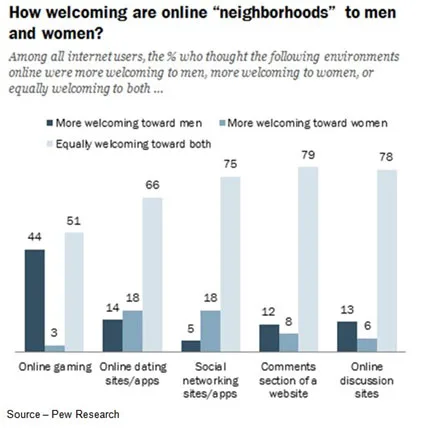
“Dangerous people are everywhere, but when they have the power of anonymity behind them and the power of distance, they become more dangerous,” says Karen Riggs, a professor of media arts and studies at Ohio University. “It’s part of human nature: We have people who will be abusive and lurid.”
The Internet just makes it that much easier.
Harassment—from name calling to threatening behavior— is a part of our online life today that everyone experiences at one time or another – yes even you!
Pew found that 73 percent of adult Net users know someone who has experienced it and 40 percent have been directly hit.
While some areas of the Internet are “safer” than others, no location is immune from these individuals, according to Pew:
- 66 percent of internet users who have experienced online harassment said their most recent incident occurred on a social networking site or app
- 22 percent mentioned the comments section of a website
- 16 percent said online gaming
- 16 percent said in a personal email account
- 10 percent mentioned a discussion site such as Reddit
- 6 percent said on an online dating website or app
Because threats, harassment, revenge porn, physical threats and hate-filled messages are directed at specific groups and individuals, a growing number of sites like Facebook and blog publishing platforms are banning the messages and images.
Of course, that doesn’t seem to bother these types of folks because:
- Criticism and logical arguments just don’t resonate with them
- They’re somewhat sociopathic, so hurting someone makes their day
- Common courtesy and etiquette don’t really apply to them
- Insult them or get angry and you empower them
- The only way to deal with them is to ignore, block, report them
Fortunately, there are more of us than there are of them.
Facebook does its best to handle the workload and their systems can automatically eliminate universally disturbing materials; but for the most part, users have to file their complaints (more than one million a week0.
Obviously, they don’t get everything.
That’s why responsible IT (information technology) and HR (human resources) departments in responsible organizations proactively assist staff members who have been attacked.
At the same time, organizations such as SMPTE’s (Society of Motion Picture and Television Engineers) WIP (Women in Post) and WIT (Women in Technology) help prepare tomorrow’s leaders.
It’s the Internet, so the stuff is still out there somewhere; but at least the people who were attacked are better prepared to handle the situation and know they’re not alone.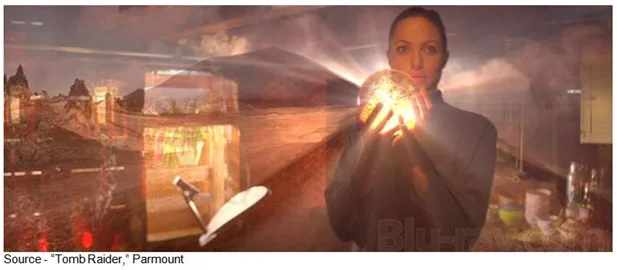
For my daughter and other women, Lara Croft recognized the power the individual has when she said, “To see your world in a grain of sand, and a heaven in a wild flower. Hold infinity in the palm of your hand.”
# # #